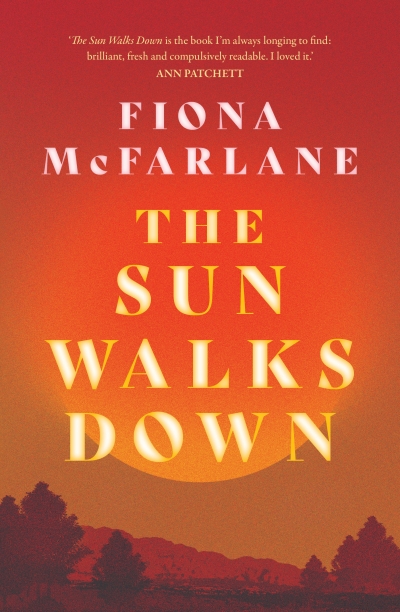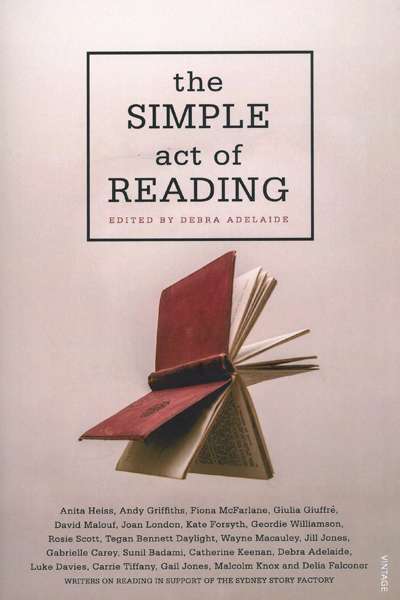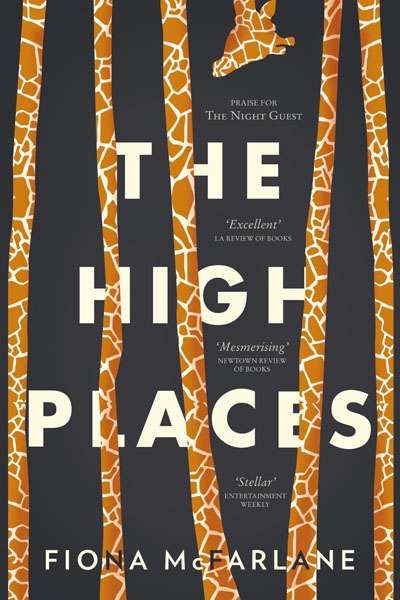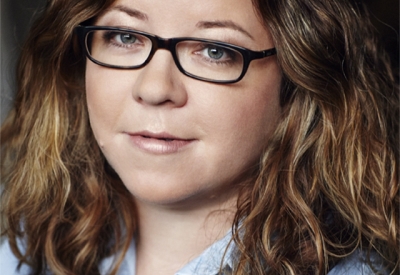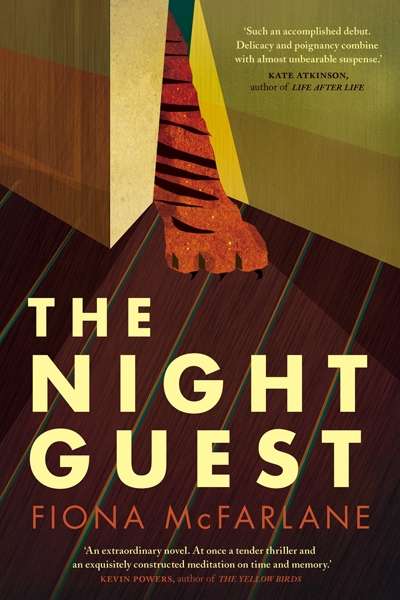Fiona McFarlane
The Simple Act of Reading edited by Debra Adelaide
by Gillian Dooley •
My hero is Jakob von Gunten, star of, well, Jakob von Gunten, Robert Walser’s singular novel about a school for servants. I love the quality of Jakob’s subversion in that lovely, strange, tiny place. And my heroine: Theodora Goodman, the eponymous aunt of Patrick White’s The Aunt’s Story, who is glorious and difficult and bewildering and kind.
... (read more)
